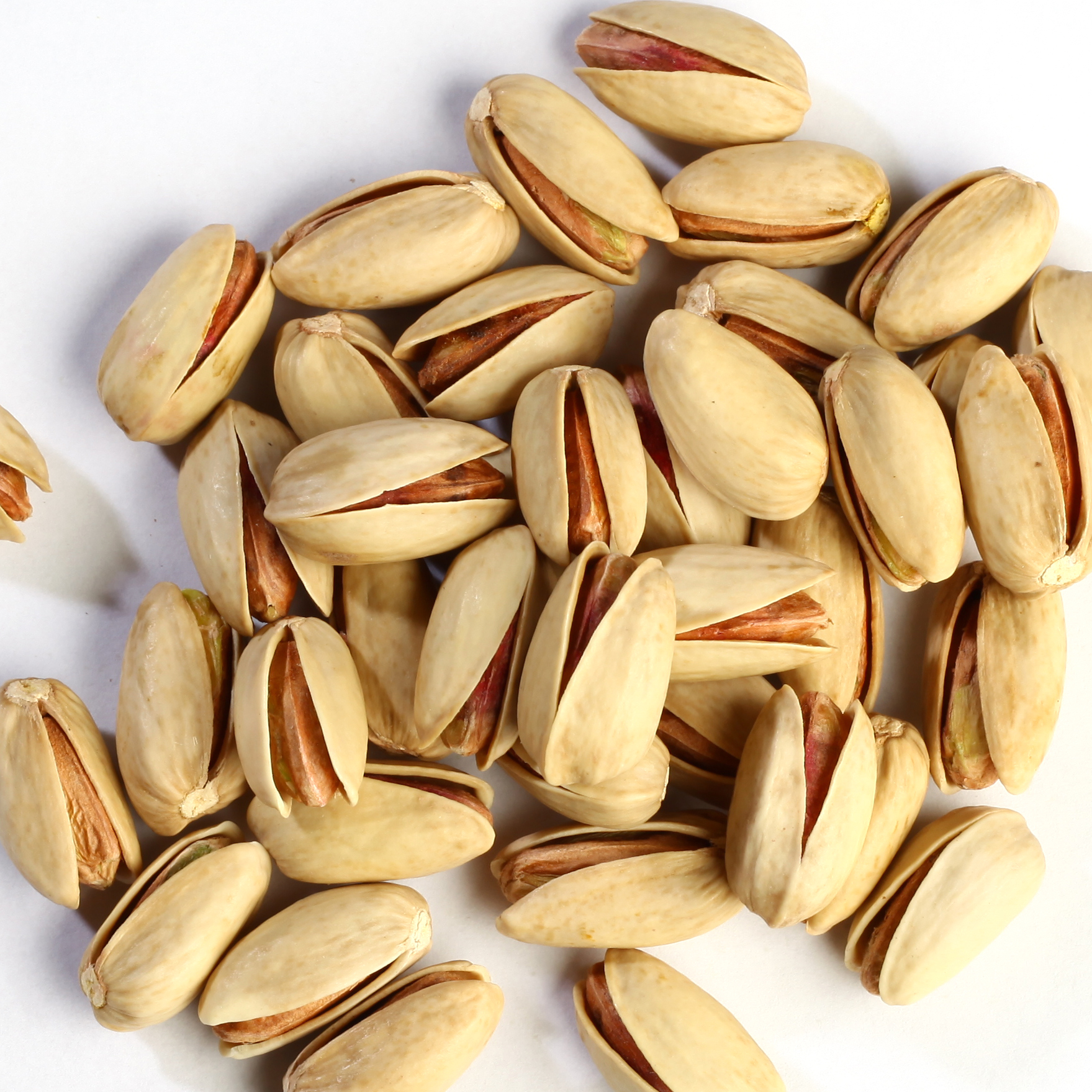
Throughout history, pistachio has become a global icon due to its distinctive taste, texture, and versatile uses. This article examines the botanical origin, geographic flavor differences, the role of pistachio in rural economies, and the importance of sustainability.
Introduction
- Pistachio comes from the tree Pistacia vera and thrives with abundant sunlight and cold winter periods.
- Climatic diversity among pistachio-producing countries leads to notable differences in flavor and texture.
1) Botanical and Biological Origin
- Pistacia vera is well-adapted to arid, sun-drenched environments, typically grown in regions with strong sunshine and cold winters.
- The healthy fats, protein, and high fiber make pistachio a nutritious choice.
2) Geographic Variations and Flavor
- Management practices, irrigation, and soil produce distinct flavors and textures across regions.
- Flavor profiles from Iran and the United States illustrate how environment shapes taste.
3) Rural Economies and Development
- Pistachio serves as a key income source for villages, fostering employment and infrastructure development.
- Exporting pistachio to global markets adds value and supports local economies through sustainable supply chains.

4) Sustainability and Resource Management
- Efficient water use, fertilizer management, and biodiversity preservation are essential for a sustainable pistachio industry.
- Adoption of modern cultivation methods and information technology improves efficiency and reduces environmental impact.
5) SEO and Content Tips
- Use target keywords in headings, opening paragraphs, and structured formatting.
- Create internal links to related articles and use alt text for images.
Conclusion
- The origin and development of pistachio result from the interplay of biology, farming practices, and global markets.
- Pistachio can be a sustainable driver of rural development when quality is maintained and environmental responsibility is observed.
To order or get advice on pistachio and dried fruit varieties, contact our team via our official WhatsApp. Our support team is ready to answer your questions and can help you choose the right pistachio and dried fruit. WhatsApp number 009890214773705

